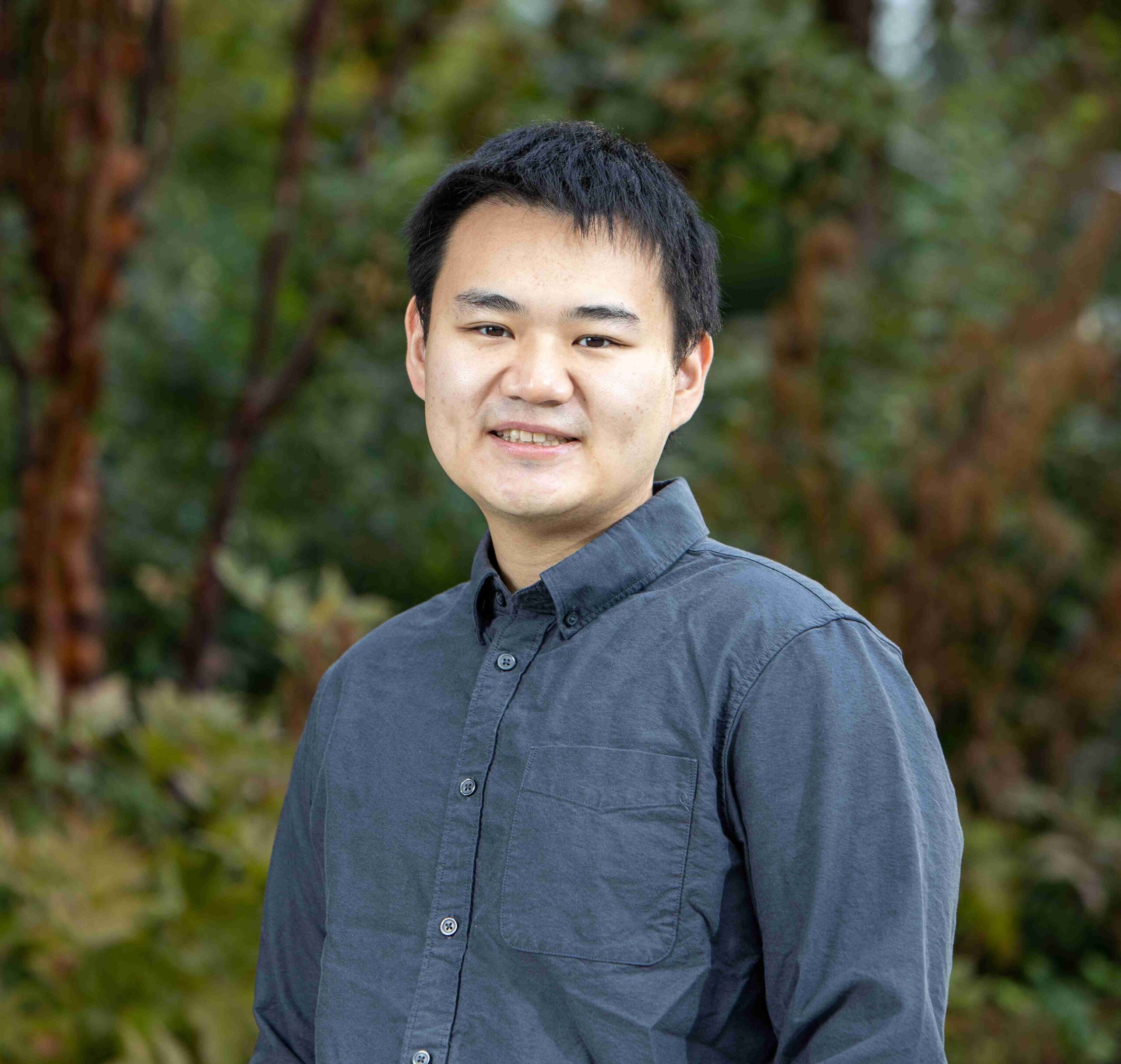When Allen School professor Simon Shaolei Du opened his inbox on a cloudy Friday morning in October, he wasn’t expecting anything out of the ordinary, let alone a trip around the world.
The website had slated the announcement for late September. When the date came and went, Du put the thought from his mind. Yet there it was. A click, a glow, then a smile.
“It was very short notice, actually,” he said, grinning again.
Next, plane tickets and slide decks awaited him – along with, if he was lucky, he said, some barbecue.
Du was recently named a 2022 Samsung AI Researcher of the Year for his contributions to the field of artificial intelligence. He is one of five recipients of the award, which recognizes promising researchers under 35 who have made a significant impact in advancing the discipline.
On Tuesday, Du was formally recognized at the 2022 Samsung AI Forum held in Seoul, South Korea. His talk focused on results from his previous work with deep learning and reinforcement learning.
“I am grateful for receiving this award as a researcher working on the theoretical foundations of artificial intelligence,” Du said. “Furthermore, I am thrilled that machine learning theory research is valued.”
His work was among the first to show why over-parameterized neural networks can be optimized by simple algorithms, such as gradient descent, and established a theory for explaining why deep learning works well in terms of generalization. While over-parameterized models, which possess more parameters than training examples, have shown their power in recent years, it is unclear why. Du’s research centers on answering this question.
“I aim to develop unifying theories for over-parameterized models to identify their benefits and drawbacks,” he said.
Du added he and his collaborators have also explored reinforcement learning theory and are seeking to further their scholarship in this arena. Reinforcement learning mimics the way humans learn – through trial and error. A system of positive reinforcers (awards) and negative reinforcers (punishments) guide the neural network in adapting to stimuli within the environment. As the agent experiences more, it grows wiser.
It’s a solution whose beauty lies in the details.
“I love the elegance of math, and I would like to make a real-world impact,” said Du, who credited his collaborators and students for helping make this achievement possible. “Machine learning is a field where mathematics is crucial in designing practically relevant methods.”
Du joined the Allen School faculty in 2020. In addition to the Samsung AI Researcher of the Year Award, he has received a National Science Foundation CAREER Award, an AAAI New Faculty Highlights Award from the Association for the Advancement of Artificial Intelligence and a NVIDIA Pioneer Award, among others.
Congratulations, Simon!


